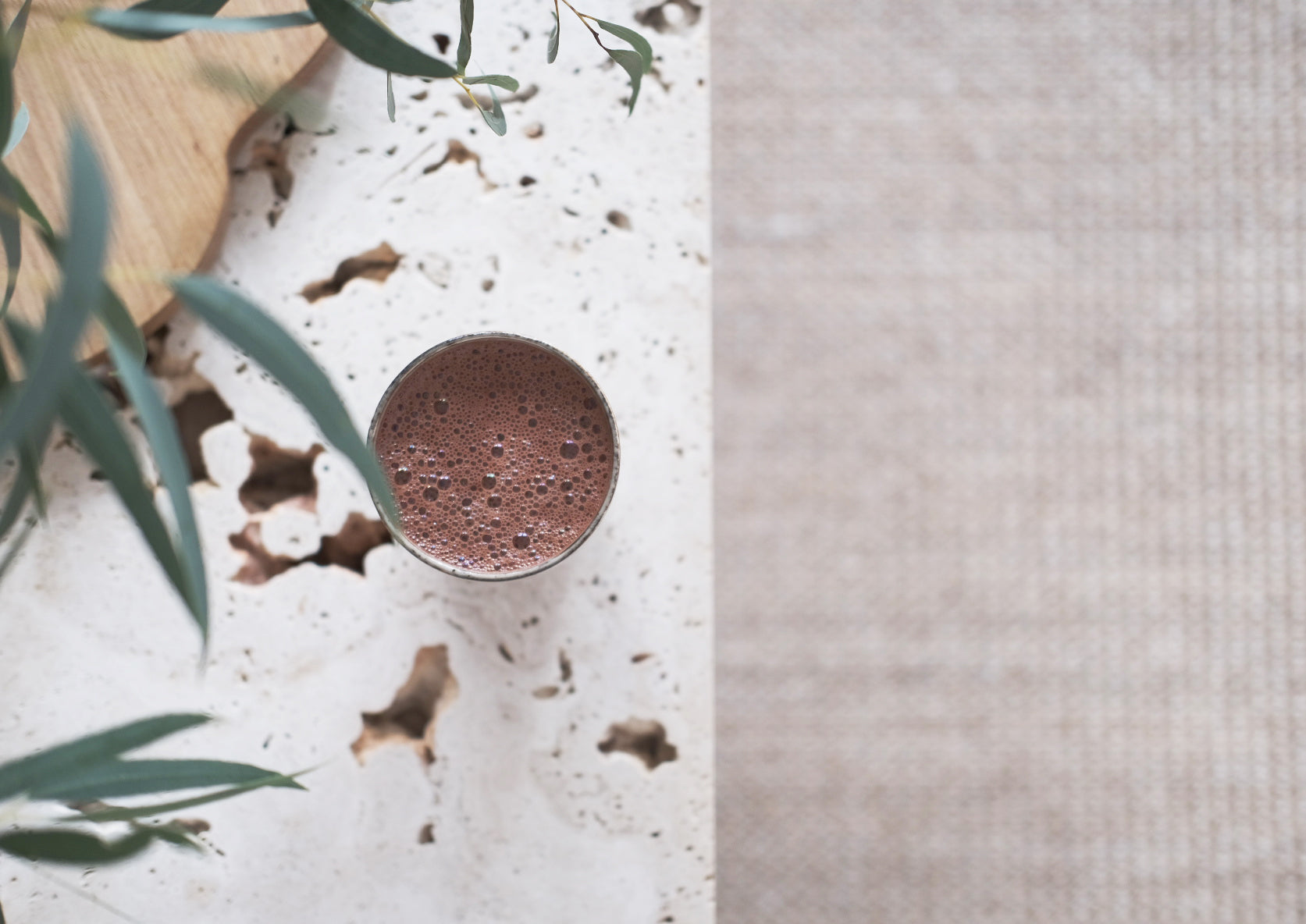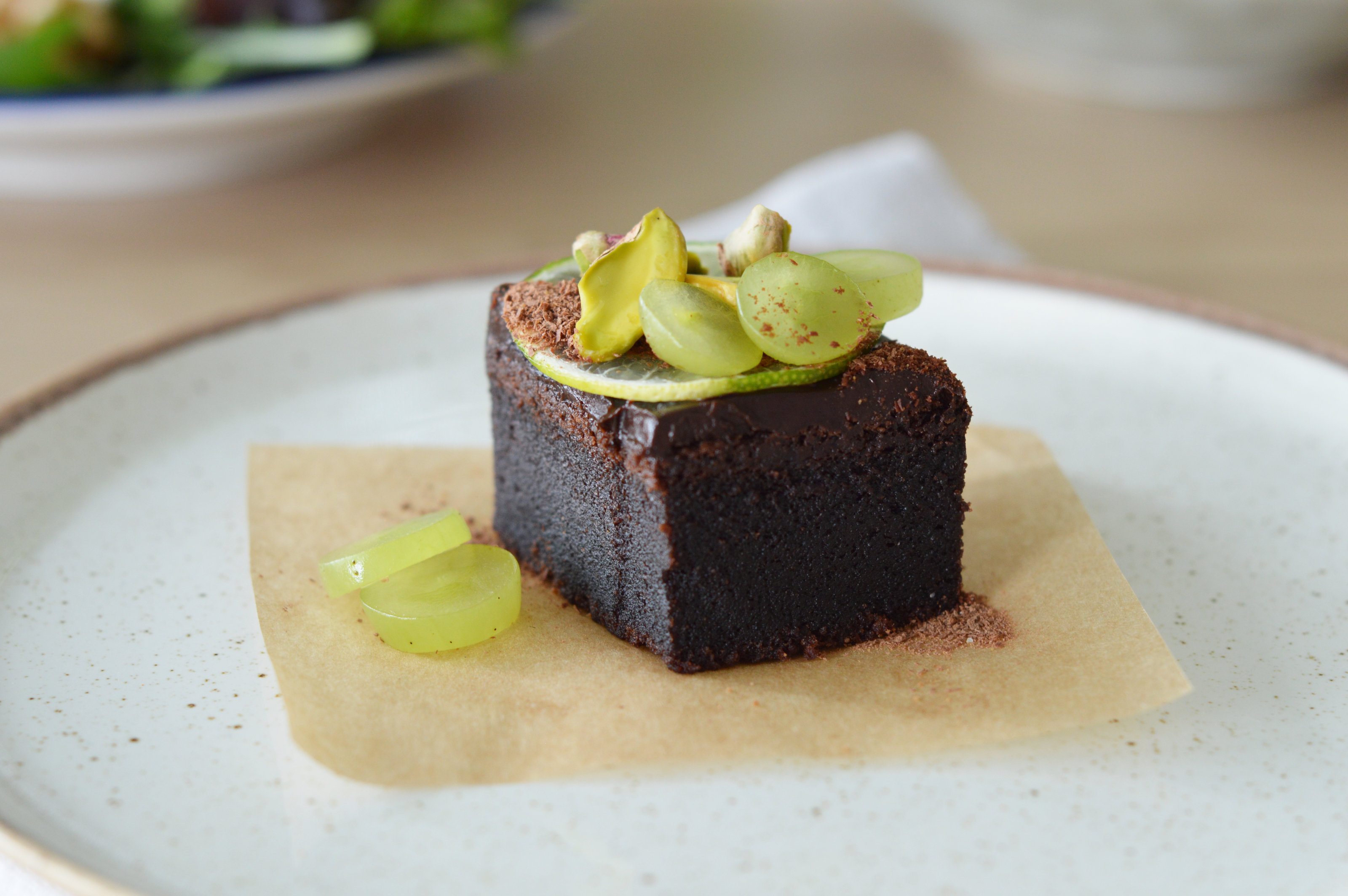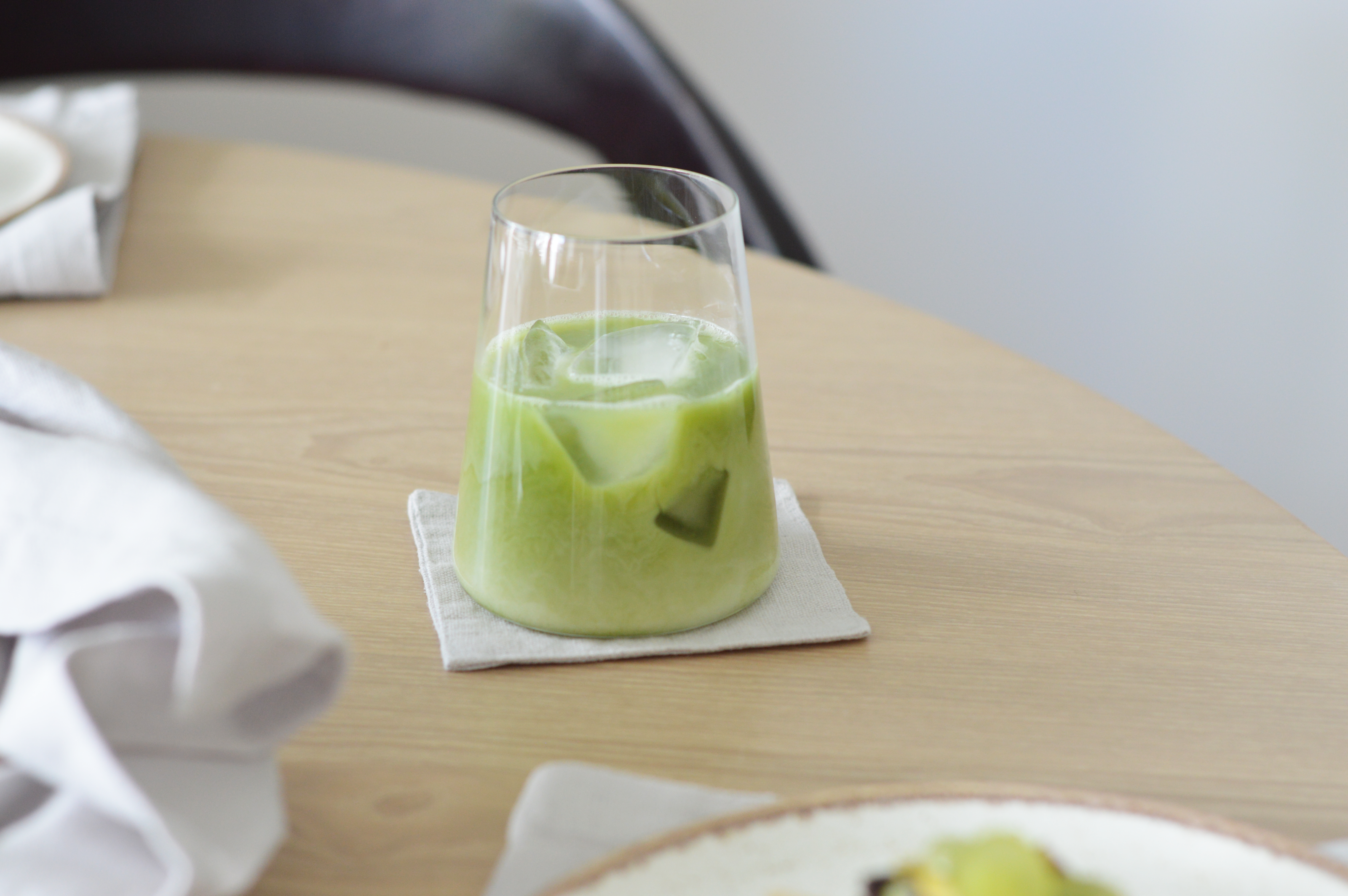FAQ
About a gram, or roughly ½ teaspoon.
Japanese tea farmers have a long tradition of growing and producing green tea, and have developed techniques for cultivating and processing the tea leaves that help to preserve their flavor and nutritional content. Finally, the Japanese government has strict regulations in place that ensure the quality and purity of tea products produced in the country, which may contribute to the reputation of Japanese matcha as being among the best in the world.
Yes, matcha does contain caffeine. Matcha is a type of green tea, and like all teas, it is produced from the leaves of the Camellia sinensis plant, which contains caffeine. The amount of caffeine in matcha can vary, but it is generally higher than the amount of caffeine found in other types of green tea.
Matcha is a type of green tea that has a number of potential health benefits. Some of the benefits of matcha tea include:
Rich in antioxidants: Matcha is high in a type of antioxidant called catechins, which have been shown to have various health benefits, including reducing the risk of heart disease and cancer.
Boosts energy and mental alertness: Matcha contains caffeine, which can help to improve mental alertness and focus. It also contains an amino acid called L-theanine, which may help to reduce anxiety and improve mood.
May help to improve cholesterol levels: Some studies have shown that green tea, including matcha, may help to improve cholesterol levels and lower the risk of heart disease.



